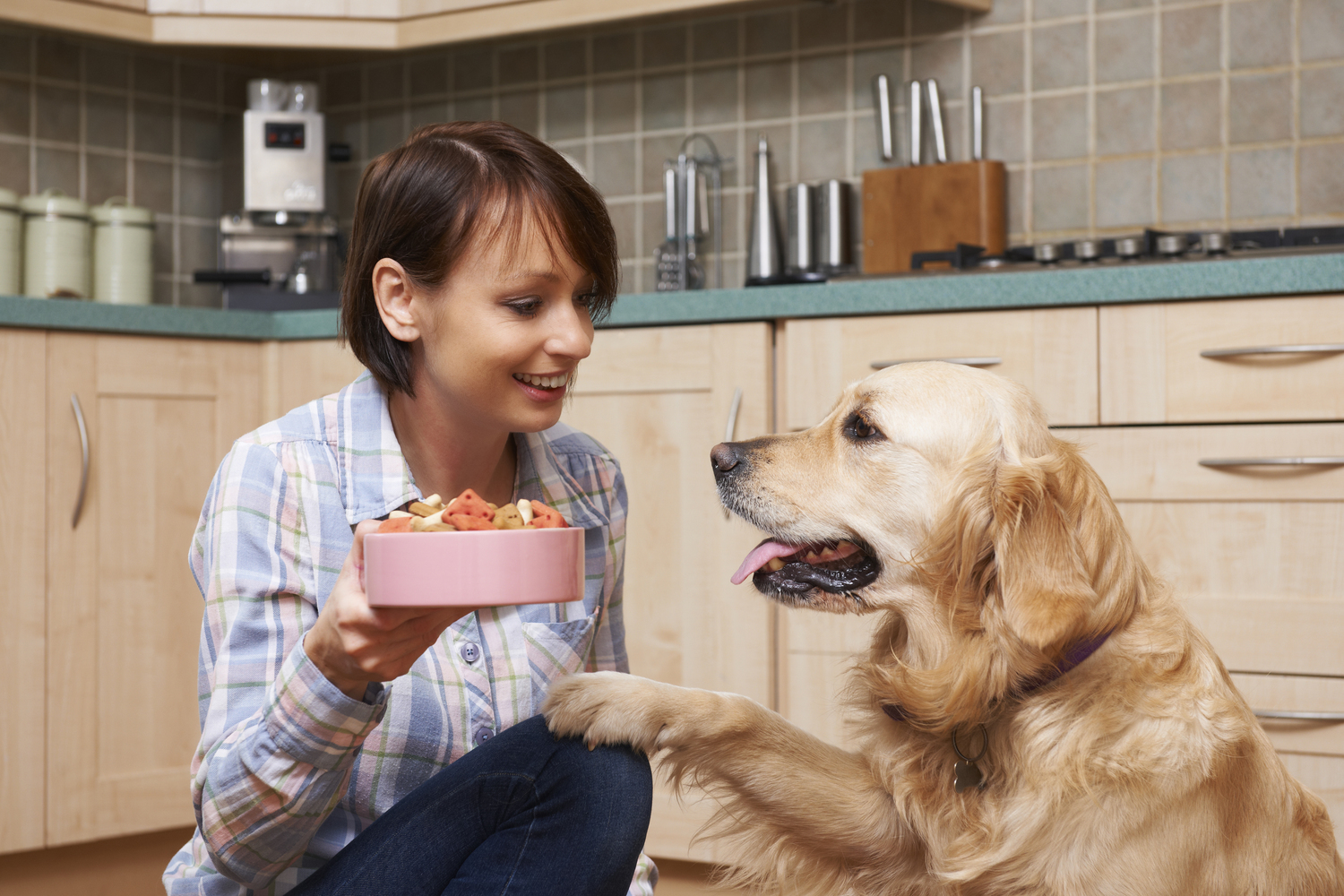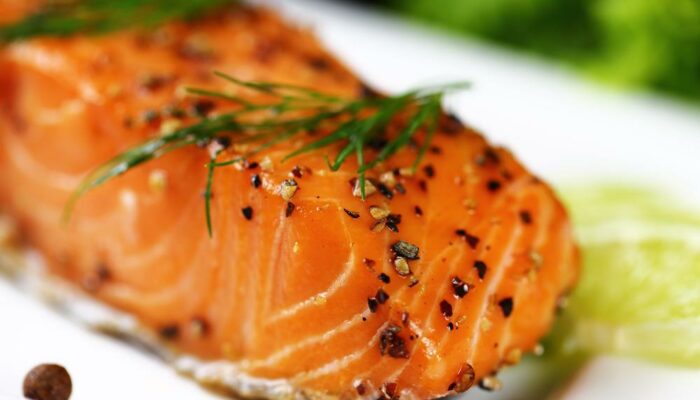
Foods that Affect Dogs with Food Allergies
Dogs with food allergies often suffer from symptoms that cause extreme discomfort and even pain. These foods commonly give rise to hypersensitivity in dogs and should, therefore, be avoided. Once you can identify that your dog is suffering from a food allergy, the next step is to identify the food causing the allergic reaction. You can identify such foods by trying an elimination diet.
The common foods that affect dogs with food allergies include the following:
1. Proteins
A common food item that affects dogs with food allergies is protein. While proteins help in building the tissues and are essential for consumption, in some dogs they can cause an allergy. Meat-based proteins more commonly cause an allergy as digesting it may be difficult for dogs. Digestive system problems can be a reason for the body to react strongly to proteins.
2. Bee
The most common protein-rich food that causes allergies is beef. It is common to feed beef to dogs, and most owners do not even identify it as the cause of allergies.
3. Chicken
Chicken is a common food for dogs and is considered good for their health as it contains proteins. However, chicken can cause allergies. When it is identified as the source of allergies, the only option is to stop giving your pet chicken.
4. Lamb
Another common meat that has proteins is lamb. Some people replace beef with lamb in allergic dogs, but dogs can be allergic to lamb as well.
5. Eggs
The yolk of eggs has proteins that can cause allergies, leading to various symptoms. Raw eggs are more likely to cause allergies. It is easy to identify this allergy by stopping egg consumption and then checking if the symptoms have reduced.
6. Milk
Some dogs are lactose-intolerant. While it is not exactly an allergy, it shows similar symptoms. The dog cannot digest lactose, and consuming milk or any other dairy products can cause diarrhea and vomiting.
If your dog is allergic to milk, then it manifests as itching. Either way, the only solution is to stop feeding your dog milk products.
7. Grains
Some dogs are allergic to grains, including wheat. Not many dogs are hypersensitive to grains, but when a reaction does happen, it can cause many symptoms. It is also possible that your dog is gluten intolerant, which means that your pet’s body reacts badly to consuming gluten. This can again cause symptoms of allergies.
8. Soy
It is one of the products that dogs are highly susceptible to. It can cause serious problems, including reproductive disorders. It is advisable to not feeding soy-based food to dogs at all costs.
9. Elimination diet
The best way to identify the food that your pet is reacting poorly to is the elimination diet. You can try this with the help of a vet. You need to select one protein and one carbohydrate food each and exclude it from your dog’s diet for a few weeks. If you observe no symptoms of allergies, then it means the food is safe to consume. This diet needs to be conducted in a systematic manner to identify the right cause of the allergy. You can keep a record of symptoms your pet has experienced, and share it with your vet to arrive at a conclusion.



